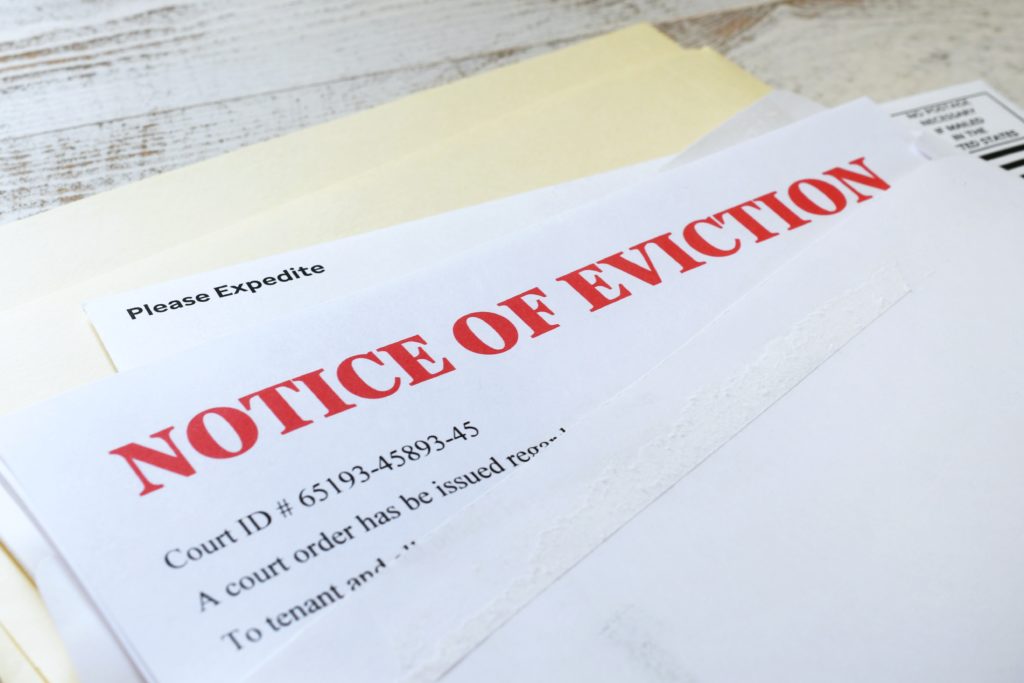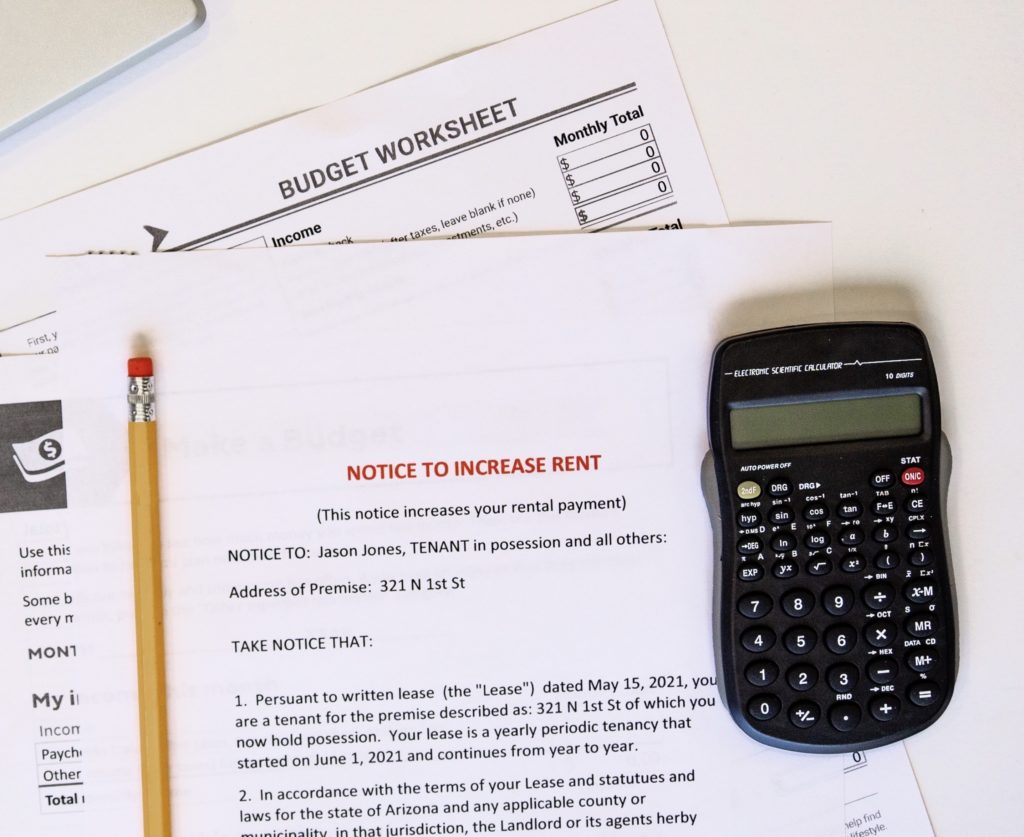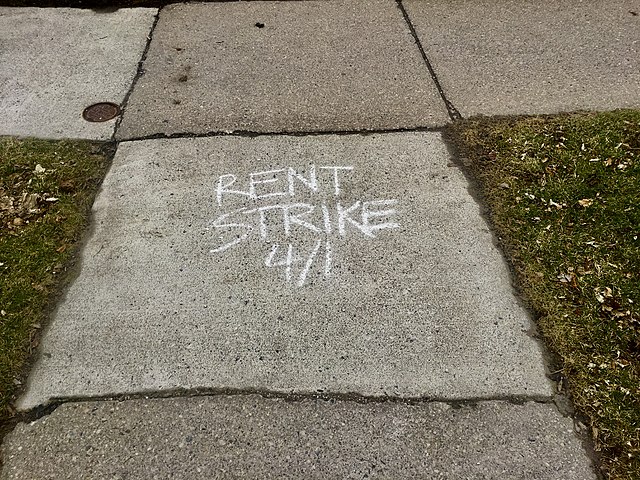- calendar_month January 29, 2023
- folder Housing
Some are calling it the kind of relief one expects from a functioning first world government. Others are calling it an overreach that ignores the real solution. But no matter how you slice it, the Biden administration announced on Wednesday, January 25 its intention to establish a fledgling “renters bill of rights.” What does this mean? A diverse battery of renters rights applied at the federal level. And, as you can guess, landlords aren’t thrilled about it.
The Conditions That Inspired a “Renters Bill of Rights”
Photo credit: Envato
In the wake of the global pandemic, housing prices soared in several markets across the country. While this wasn’t a universal truth, a wide variety of factors contributed to this problem. Specifically, the housing costs in the majority of the country’s metropolitan areas surged from the end of 2021 into the first half of 2022.
Prospective first time homeowners were particularly affected by these market surges. Sure, it became more difficult for them to make the leap from renting to owning. But on top of this, as eviction protections expired, it also became a battle to retain their rental properties.
Obviously, this isn’t a universal experience. But some renters found themselves at the mercy of landlords instituting steep rent hikes in a desperate attempt to recoup losses sustained during the global pandemic.
Photo credit: Envato
The conditions for a perfect storm had been brewing for years. Some renters hadn’t paid a cent since the pandemic went into full swing at the beginning of 2022. And not every landlord was backed by a megacorporation. Mom and pop landlords had been struggling just as much as their tenants.
It’s an oversimplification to say that there were two types of victims placed in opposition to one another. Yet, this is largely what the post-COVID landscape looks like.
Expanding Renters Rights at the Federal Level
Beneath the din of this clash, the Biden administration has been ironing out plans to improve rental costs across the country. According to the White House, about 35% of Americans rent. Los Angeles is a city that has perpetuated its pandemic-era rent protections, putting it in a controversial minority. But for most of the country, such eviction protections are long gone. And aid initiatives such as rental assistance have dried up as well.
Photo credit: Envato
A drastic need for more housing nationwide is evident. But what do renters do in the meantime? The Biden administration believes a “renters bill of rights” is a step in the right direction. Obviously, not everyone shares this perspective.
County and City Housing Rights as Inspiration
While renters rights instituted at a federal level aren’t something we see everyday, similar actions have been executed at the county and civic levels recently. In fact, many of these ordinances directly inspired the details of the Biden administration’s concepts. And while the laws passed in these communities may have further underscored topics like rent control and eviction protections, these aren’t exactly novel points for the Biden administration.
Since accepting the presidency, Biden’s cabinet has held a fairly tight focus on reducing rents nationwide. With almost half of the country’s renters devoting over 30% of their monthly income to rent and utilities, the urgency is evident. Add in the nearly 900,000 annual evictions that the pre-COVID U.S. was racking up and you have a bonafide crisis. But can the federal institution of renters rights help long term? First, we need to understand what a “renters bill of rights” would actually cover.
How Renters Rights Would Be Expanded
Photo credit: Envato
There are already numerous plans in motion as part of these federal renters rights. These include:
Conditional Evictions
In many parts of the country, landlords don’t need to give notice to evict a tenant from a rental property. However, federal renters rights would push for a mandatory 30-day eviction notice for select owners of rental properties who move to evict for nonpayment of rent.
Clarified Rental Process
To fully grasp the implications of these specific renters rights, you first need to understand recent lawsuits in Washington and California. These lawsuits were brought against data company RealPage along with a slew of big name rental property owners and managers. The charge? Colluding to create an algorithm that would set rents based on the combined data of all of the companies involved. So much for competition driving down prices!
The Biden administration is tapping the Federal Trade Commission and the Consumer Financial Protection Bureau to analyze and report on similar practices. The aim would be to set a clear and fair standard for rental applications that would supervise the use of algorithms and the like. Building on this, the Justice Department will also lead a workshop on the dangers of stripping competition from the rental market.
Preventing Exorbitant Rent Hikes
Photo credit: Envato
As part of the increased federal housing rights, the Federal Housing Finance Agency along with mortgage companies Fannie Mae and Freddie Mac have vowed to look into “egregious” rent increases. These organizations hold particular sway over federally-backed mortgages which make up more than 28% of rental properties across the nation.
Legal Backing for Low-Income Tenants Facing Eviction
Even with renters rights in place, legal action is more than likely. So, as part of this “renters bill of rights”, the Biden administration would provide federal funding to back court costs for low-income renters staring down an eviction. As part of the Eviction Protection Grant Program, $20 million will be distributed to a series of nonprofits and government agencies backing eligible clients.
Tenant Organization Rights
Finally, renters rights would be clarified to protect tenants from landlords interfering with tenant organizations. With these protections in place, tenants would be free to meet and organize against unjust landlord treatment without fear of harassment.
Photo credit: Andre Carrotflower
Landlord Representation Speaks Out
If we do get increased renters rights at the federal level, it won’t be from lack of trying on the part of the organizations representing landlords. They’ve been hard at work trying to get the Biden administration to focus on providing new housing instead. Biden’s cabinet actually announced initiatives to provide new housing as early as May of last year. Yet, landlord groups feel this should be the sole focus of federal intervention.
The National Multifamily Housing Council criticized the federal expansion of renters rights as a misstep for not directly addressing the housing shortage. Meanwhile, the National Apartment Association (NAA) tempered their criticisms by addressing issues in their own way. For example, they’ve cited promotion of programs aimed at helping tenants build credit.
Help is Crucial… But What Kind of Help?
The need for new housing in this country is undeniable. The NAA pointed out that over 4.3 million apartments will be needed by 2035 to satisfy demand. Fortunately, the later half of 2022 brought record growth of rental construction. It’s clear that groups representing landlords would like the Biden administration to focus their efforts on creating new housing. But, with one bad month standing between many tenants and homelessness, they are asking for urgent, immediate help.
Will the expansion of federal renters rights help? Or is it simply tossing a handful of sand on a house fire? It will likely take some time before we know the answer. And time is yet another commodity we’re short of.






